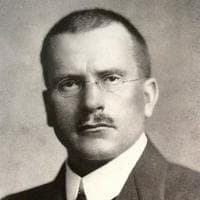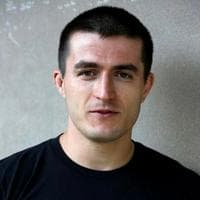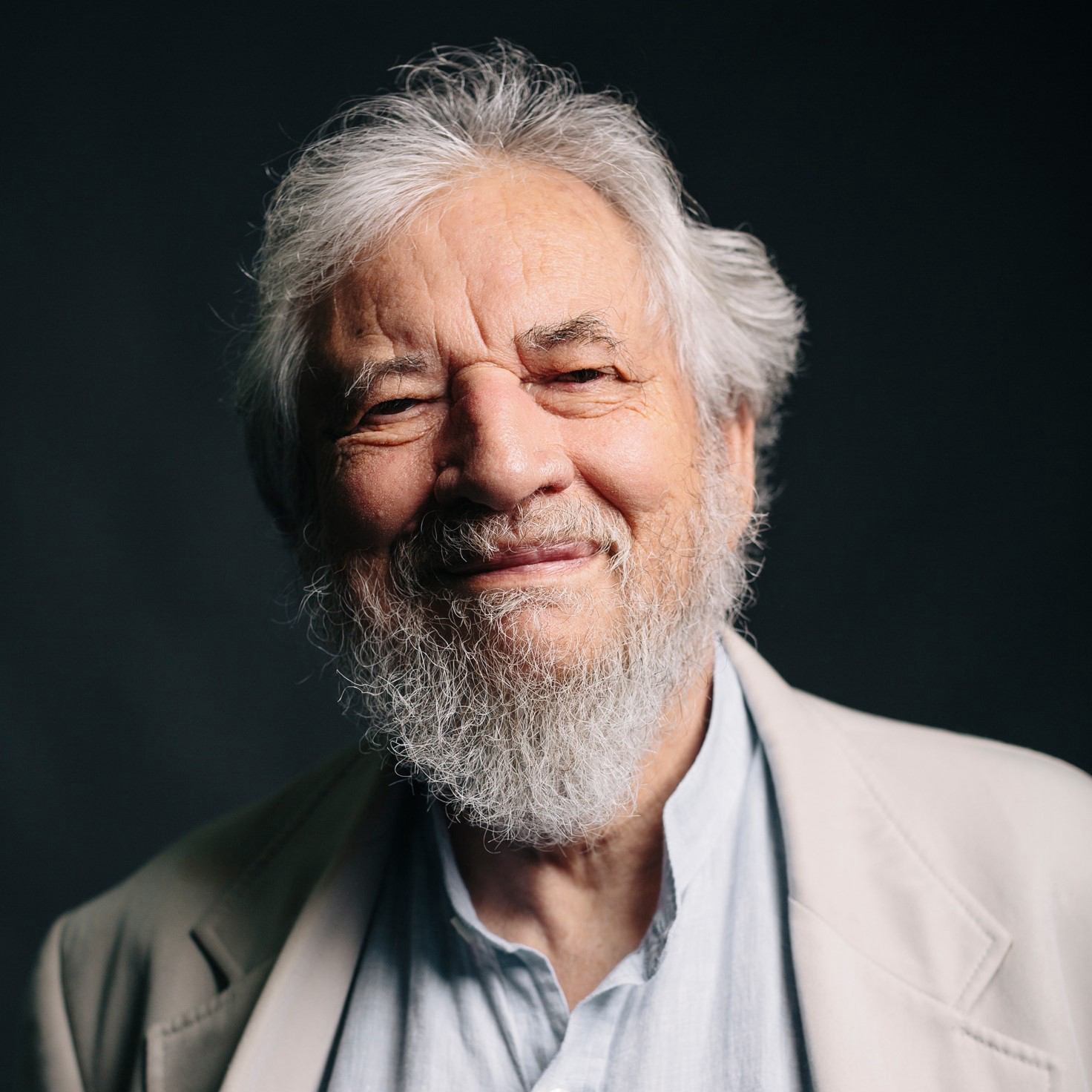Georg Cantor MBTI 성격 유형
인격
"Georg Cantor은 어떤 성격 유형입니까? Georg Cantor은 mbti의 INFJ 성격 유형입니다. enneagram의 5w4 - sp/so - 549, big 5의 RCOAI, socionics의 ILI입니다."
• Cantor: "What surpasses all that is finite and transfinite is no Genus; it is the single, completely individual unity in which everything is included, which includes the Absolute, incomprehensible to the human understanding. This is the Actus Purissimus, which by many is called God. I am so in favor of the actual infinite that instead of admitting that Nature abhors it, as is commonly said, I hold that Nature makes frequent use of it everywhere, in order to show more effectively the perfections of its Author. Thus I believe that there is no part of matter which is not – I do not say divisible – but actually divisible; and consequently the least particle ought to be considered as a world full of an infinity of different creatures." >>> (This is evidence of Ni, which abides by a singular, overriding perspective, as well as an Fe/Ti axis, which has a bias toward ontological unity.) • Cantor: "My theory stands as firm as a rock; every arrow directed against it will return quickly to its archer. How do I know this? Because I have studied it from all sides for many years; because I have examined all objections which have ever been made against the infinite numbers; and above all because I have followed its roots, so to speak, to the first infallible cause of all created things." >>> (This is further evidence of Ni, in its deflecting of alternative perspectives. I think Cantor's search for a "first infallible cause" also indicates conscious Ti, in its search for universal axioms.) • Cantor: "Mathematics is in its development entirely free and is only bound in the self-evident respect that its concepts must both be consistent with each other, and also stand in exact relationships, ordered by definitions, to those concepts which have previously been introduced and are already at hand and established." >>> (This is further evidence of conscious Ti, which evaluates the internal consistency of a set of ideas.) • Rudy Rucker: "Why was Cantor so vehemently opposed to infinitesimals? ... Abraham Robinson suggests that Cantor already had enough problems trying to defend transfinite numbers. It seems likely that, consciously or otherwise, Cantor deemed it politically wise to go along with orthodox mathematicians on the question of infinitesimals. Cantor's stance might be compared to that of a pro-marijuana Congressional candidate who advocates harsh penalties for the sale or use of heroin." >>> (Further evidence of Fe) • Cantor: "Mathematics, in the development of its ideas, has only to take account of the immanent reality of its concepts and has absolutely no obligation to examine their transient reality." >>> ("Immanent", not to be confused with "Imminent", means inherent or permanently pervading. This is evidence that Cantor prefers introverted perception in general (Ni or Si) to extraverted perception.) EDIT: The replies to this comment are regarding my typing, which went from INFJ, to ISFJ, and back to INFJ.
전기
Georg Ferdinand Ludwig Philipp Cantor (/ˈkæntɔːr/ KAN-tor, German: [ˈɡeːɔʁk ˈfɛʁdinant ˈluːtvɪç ˈfiːlɪp ˈkantɔʁ]; 3 March [O.S. 19 February] 1845 – 6 January 1918) was a mathematician. He played a pivotal role in the creation of set theory, which has become a fundamental theory in mathematics. Cantor established the importance of one-to-one correspondence between the members of two sets, defined infinite and well-ordered sets, and proved that the real numbers are more numerous than the natural numbers. Cantor's method of proof of this theorem implies the existence of an infinity of infinities. He defined the cardinal and ordinal numbers and their arithmetic. Cantor's work is of great philosophical interest, a fact he was well aware of. Originally, Cantor's theory of transfinite numbers was regarded as counter-intuitive – even shocking.
인격 correlate

Alan Turing
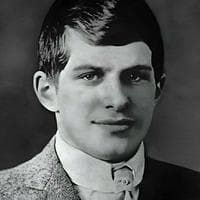
William James Sidis

Blaise Pascal
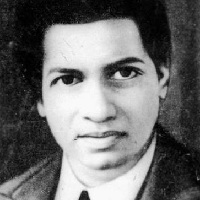
Srinivasa Ramanujan

Maryam Mirzakhani
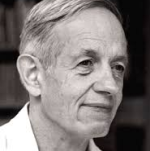
John Nash

Carl Friedrich Gauss

Gottfried Wilhelm Leibniz

